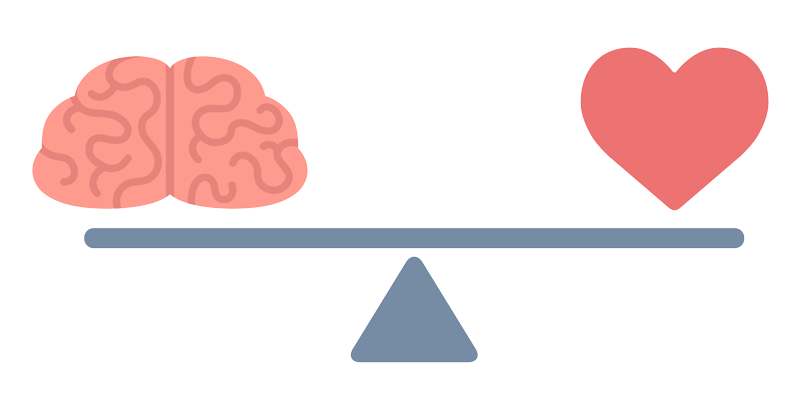We often associate the month of February with love in the romantic sense. But have you ever stopped to think about the love and gratitude you show yourself on a daily basis? It can be easy to beat ourselves up over past or current situations. Ultimately, this creates stress and disconnect from what’s most important in life – your health, your relationships, and your passions. This month, focus on improving your emotional well-being!
It’s common to focus on physical well-being – how nutritious the foods we eat, how much movement we get each day, or how much sleep we get each night. But in February let’s turn the focus to emotional well-being. How do you feel when you wake up each morning – are you ready to see what the day has to offer, or do you dread the day ahead?
Your EAP offers a variety of services that will improve the health of your heart and spirit. The best part? It’s just a phone call away (Call 800.327.4692 anytime). If you need to spend extra time on yourself, accept that it’s a necessary part of healthy living!

